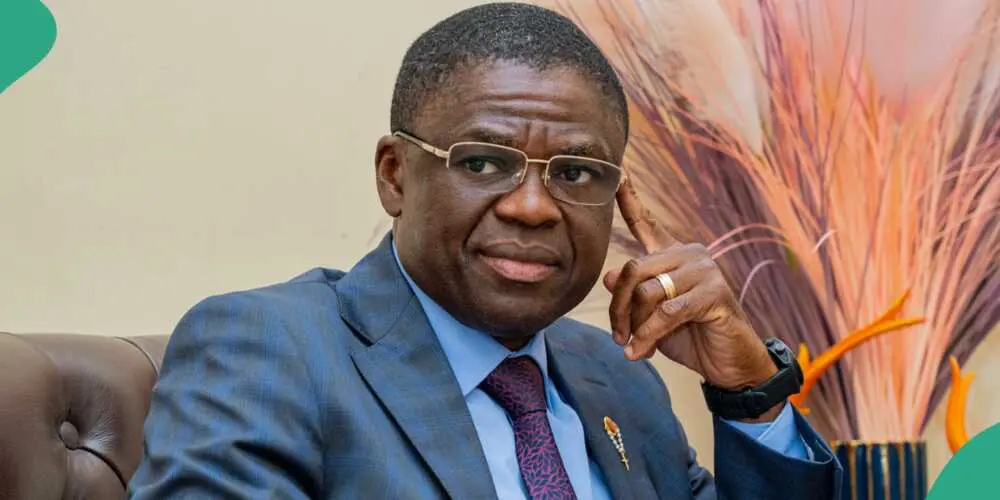In a significant legal development, Justice James Kolawole Omotoso of the Federal High Court in Abuja has granted former Deputy Governor of Edo State, Phillip Shaibu, permission to join the Speaker of the state assembly and the new Deputy Governor as defendants in his lawsuit challenging his impeachment. This decision marks a pivotal moment in the ongoing legal battle surrounding Shaibu’s impeachment and underscores the court’s recognition of the importance of involving all relevant parties in the legal proceedings.
Delivering his ruling on Wednesday, Justice Omotoso acknowledged the arguments put forth by Shaibu’s counsel, Ayotunde Ogunleye SAN, who contended that both the Speaker and the new Deputy Governor are essential parties in the lawsuit. The judge concurred with this stance, emphasizing that the Speaker’s role is central to the impeachment process as outlined in Section 188 of the 1999 Constitution. As such, Justice Omotoso deemed it necessary for both the Speaker and the new Deputy Governor to be brought before the court to ensure that any orders issued would be legally binding on them.
Furthermore, Justice Omotoso dismissed objections raised by the Speaker and the Deputy Governor against the motion on notice, deeming them frivolous and without merit. In light of this, he invoked Order 17 Rule 1 of the Federal High Court and ordered that the Speaker and the Deputy Governor be joined as defendants in the lawsuit. This decision not only acknowledges the importance of their involvement but also ensures a comprehensive and fair adjudication of the matter.
Additionally, the court granted permission for the former Deputy Governor to amend his originating summons to reflect the inclusion of the Speaker and the Deputy Governor as the 9th and 10th defendants in the case. This amendment serves to formalize their participation in the proceedings and aligns with the court’s commitment to ensuring all relevant parties are properly represented.
As the legal process moves forward, the substantive hearing in the case has been scheduled for June 3, reflecting the judge’s directive for accelerated proceedings. This expedited timeline underscores the urgency and significance of the matter at hand, as well as the court’s commitment to delivering timely justice.
